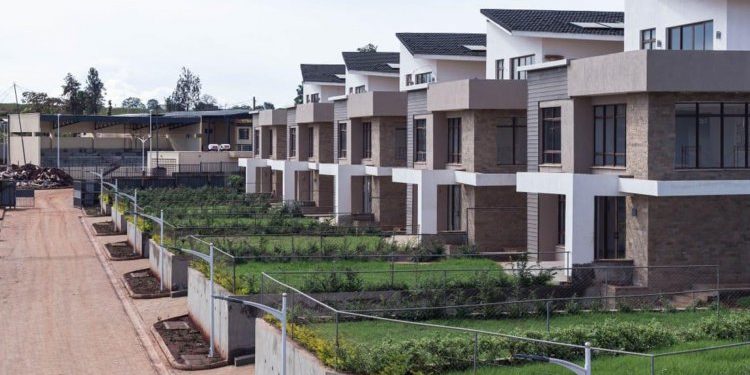By REDFA team,
The passage of Kenya’s Finance Bill 2024 is set to significantly affect the real estate sector, with stakeholders expressing concern over potential repercussions on property development, investment, and housing affordability.
On June 18, 2024, the Kenya Kwanza Parliamentary Group convened at State House Nairobi to review the proposed changes to the Finance Bill 2024, led by Finance Committee Chairman Kimani Kuria. President William Ruto emphasized that the bill had incorporated public and stakeholder feedback, removing several controversial taxes, including the 16% VAT on bread and transportation of sugar, as well as the 2.5% motor vehicle tax.
Despite these revisions, the Finance Bill 2024 still includes measures that will directly impact the real estate sector. The increased threshold for VAT registration from KSh5 million to KSh8 million exempts many small businesses from VAT obligations, but larger real estate firms remain liable. Additionally, the introduction of excise duties on imported construction materials such as cement, ceramics, and metal products is expected to drive up construction costs.
Higher Construction Costs and Housing Prices
Developers fear that the new excise duties on key construction materials will lead to increased building costs, which may be passed on to homebuyers and renters. The higher cost of imported materials, coupled with existing high-interest rates on construction loans, could slow down new property developments and escalate housing prices. With the added costs from the new excise duties, we are likely to see a significant increase in the overall cost of building materials. This will inevitably make housing less affordable for many Kenyans.
Reduced Investment in Real Estate
The Finance Bill also introduces new regulations and taxes on digital services and economic activities, which may affect foreign investment in the real estate sector. The significant economic presence tax on non-resident companies providing services in Kenya could deter international investors, who are crucial for funding large-scale property developments.
“Foreign investors play a vital role in our real estate sector, particularly in financing large commercial and residential projects,” said Patricia Mutua, an investment analyst. “The new taxes could discourage these investors, leading to reduced capital inflows and slower sector growth.”
Public and Private Sector Response
In response to the Finance Bill’s implications, President Ruto highlighted the government’s commitment to balancing revenue generation with economic stability. The bill aims to generate an additional Kshs 302 billion in revenue, financing critical sectors such as education and agriculture.
“The changes to the Finance Bill reflect the views of the people and stakeholders,” said President Ruto. “Our goal is to create a fair and sustainable economic environment that supports growth and development.”
Despite these assurances, the real estate sector remains cautious. Industry leaders are calling for further consultations to address the potential negative impacts on property development and affordability. While we appreciate the government’s efforts to incorporate public feedback, more needs to be done to ensure that the real estate sector remains vibrant and accessible to all Kenyans.
As the Finance Bill 2024 moves forward, its impact on the real estate sector will be closely monitored. Stakeholders hope that ongoing dialogue with the government will lead to adjustments that balance fiscal needs with the growth and stability of the property market.














